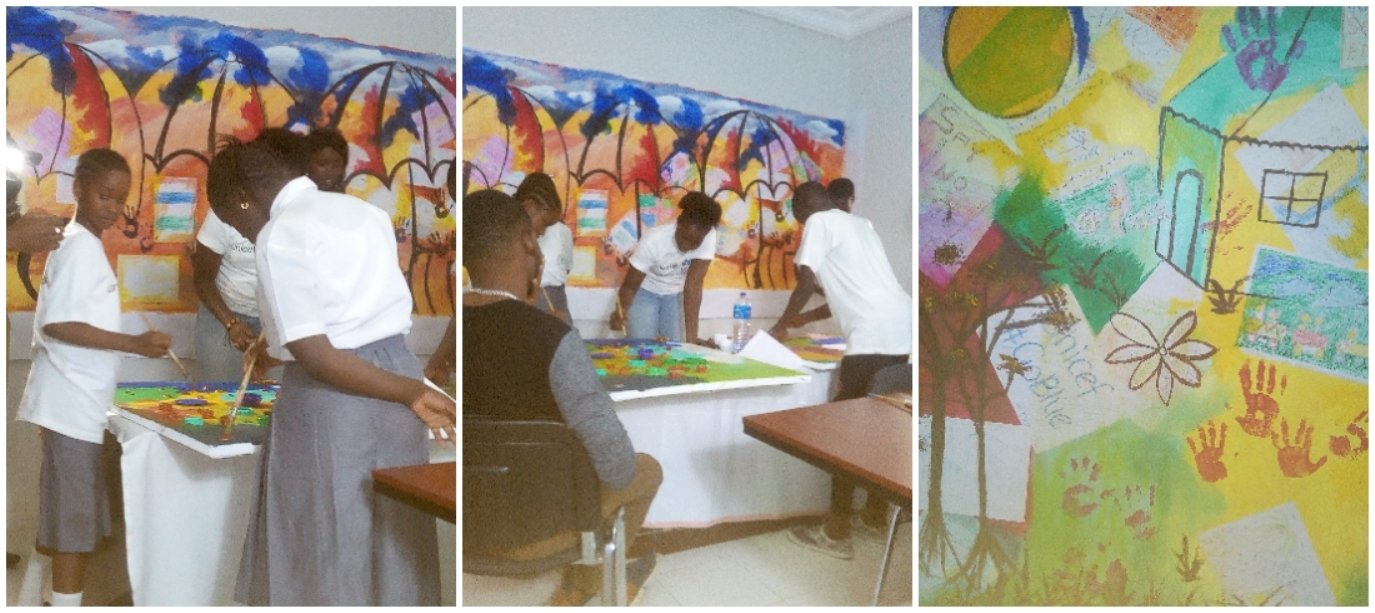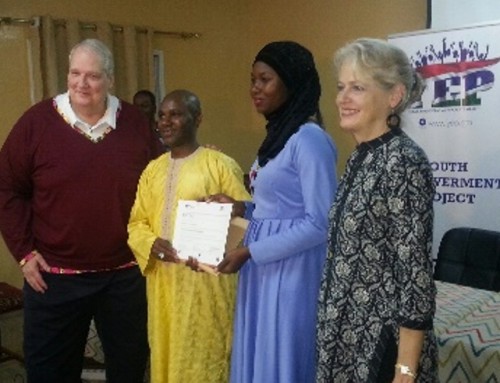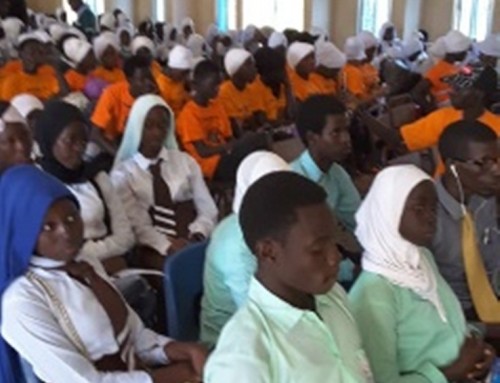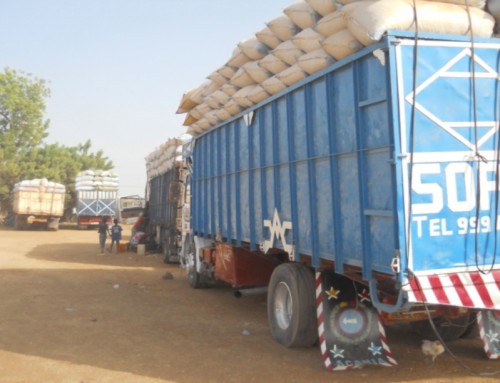By Ndey Sowe
World Children’s Day celebrated every 21st November, was this year celebrated by UNICEF at the UN house in Bakau.
The annual global day of action for children and by children, is a chance to advocate, raise awareness and funds for the most pressing issues facing children in the world.
According to officials, 20th November is the most widely ratified human rights treaty in history, when the convention on the rights of the child was adopted, that it is a day to celebrate the progress made for children, hold the leadership to account on promises made to address children’s issues.
‘‘Kids took over high visibility roles in media, politics, sport, business, School and entertainment, to shine a spotlight in the most pressing challenges faced by their generation,’’ the official said.
‘‘Earlier this year, when we ask children what was the most pressing issues for them, they responded access to education. Indeed, right now, millions of children are missing out on their right to education. They cannot go to school because they have to work to survive, or because they are girls or even because there are no Schools where they live,’’ the official said.
“That is why this November 20th, children worldwide raised their voices in solidarity with their most vulnerable counterparts and come together to promote school and education for every child. This year, the world has the unique opportunity to join them and show their support through participation in the “GO BLUE” movement,” the UNICEF official continued.
The representatives of the children Fatuomata Daffeh and Alagie Ceesay in their speech, applauded the gross enrolment rate for primary education in the country which stands at 113% in 2018, and the gender parity in access attained in Primary and Lower Basic School.
The Children’s Representatives said at Secondary School, girls are more likely than boys to be excluded from learning because of school safety concerns and social norms that tend to celebrate marriage over education and career development; that the lack of proper sanitary facilities and supplies lead to girls to frequently absent themselves from School.
“Nationally, progress has been made in immunization that provides survival and support for children to thrive in the first 1,000 days of life. 94% of children under five, have received immunization and the practice of open defecation has reduced in communities,” they said.
They continued: “We the children in the Gambia are asking Government and all duty bearers to invest in ensuring that every child survives, thrives, and learns; that every child is protected from violence and exploitation; that every child lives in a safe and clean environment and that every child has an equitable chance in life.”
They urge Government to allow children’s participation and involvement in decision and policy making processes that improves their quality of life in the country.
They also call on Government to implement the commitments towards improved education and health and the building of a caring society as written in the National Development Plan (NDP), of the Gambia, and agreed SDGs that focuses on children.
They call on people to join them by going blue, and urge leaders at all levels to be committed to fulfillment of the rights of every child in the country.
[ad_2]
Source link






